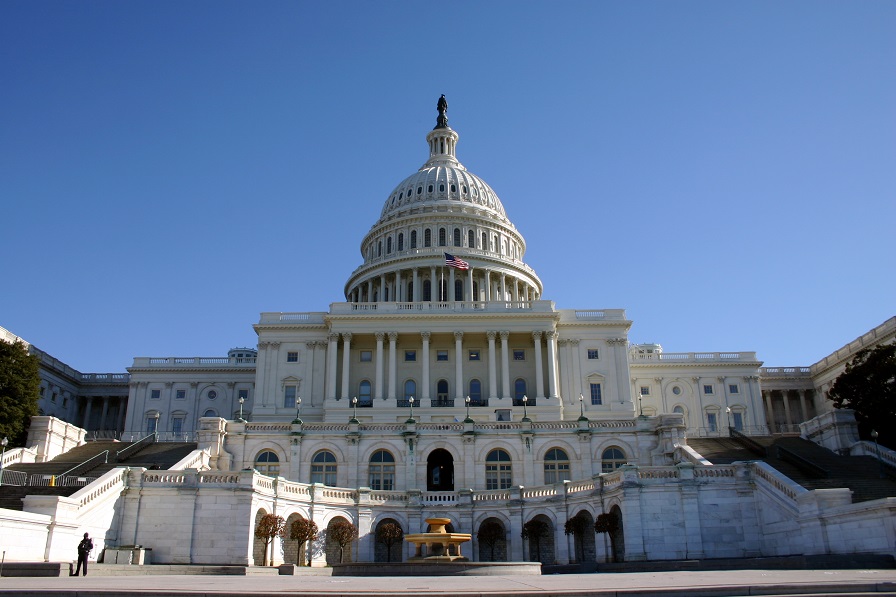Senate Votes to Abolish Ethanol Subsidy
Des Moines Register
The Senate voted overwhelmingly to abolish the 30-year-old subsidy for corn ethanol, on June 16, a stunning, bipartisan rebuke to an industry whose once-legendary political clout has given way to concerns about the federal deficit and rising food costs.
The 73-27 vote was largely symbolic because the vote came on a bill that is unlikely to become law.
But even supporters in the industry conceded that the existing subsidy is doomed. The 45-cent-per-gallon tax credit that refiners receive and a tariff on imported ethanol are both due to expire at the end of the year, but talks are under way among key senators on the issue to scrap the subsidy early and use some of the savings to subsidize the cost of retrofitting service stations to sell higher blends of ethanol. That move would increase the potential market for the biofuel.
Economists say farmers and ethanol producers will survive a subsidy cut without a major impact.
“The fact that we still have the mandates in place means that any effect on the corn market is going to be muted,” said University of Missouri economist Pat Westhoff.
Opponents of the subsidy argued that it was unnecessary given that refiners are already required under a 2007 measure to use increasing amounts of the biofuel each year.
“We’re ready to repeal unnecessary subsidies because we have a big deficit to address,” the chairman of the Senate Finance Committee, Montana Democrat Max Baucus, said after the vote. His committee has jurisdiction over the subsidy.
Sen. Lamar Alexander, R-Tenn., said that rejection of the subsidy was a “vote to lower food prices and to lower the national debt.”
Thirty-three Republicans joined 38 Democrats and two independents in voting to terminate the 45-cent-per-gallon tax credit on July 1 along with the 54-cent tariff on imported ethanol. The subsidy’s support came almost exclusively from Midwest senators, including Iowa’s.
The Democratic-controlled Senate is crucial to the industry because Iowa and other rural states have greater clout there than they do in the Republican-run House, which is apportioned according to population.
Agriculture Secretary Tom Vilsack had warned Congress against abruptly ending the industry’s subsidies, arguing that it would lead to widespread job losses, a claim disputed by economists.
But the Obama administration “is open to new approaches that meet today’s challenges and save taxpayers money,” said White House spokesman Clark Stevens.
The lead sponsor of the anti-ethanol measure the Senate voted on, California Democrat Diane Feinstein, disclosed before the vote that she was in talks with allies of the industry about a compromise.
The vote was a dramatic reversal from the Senate vote on June 14, to preserve the subsidy after Democratic leaders objected to the method that Sen. Tom Coburn, R-Okla., used to force the issue onto the floor. At the time, Coburn aides estimated that he had 60 to 65 votes against the subsidy. As it turned out, he had more than that.
The ethanol industry was buoyed by a second 59-41 vote that day, rejecting a proposal by Sen. John McCain, R-Ariz., to block the Obama administration from subsidizing the installation of ethanol pumps and storage tanks. The House approved a similar measure 283-128 earlier in the day as part of an appropriations bill for the Agriculture Department.
But the Senate vote was important because it shows the industry has support in that chamber for shifting at least some of the federal aid ethanol producers are now getting into infrastructure, said energy policy analyst Kevin Book.
The industry also hopes Congress will create a subsidy for ethanol production that could kick in should the price of oil collapse at some point. Falling oil prices create less demand for ethanol because they make it more expensive in relation to gasoline.
(Story found in original context here.)









